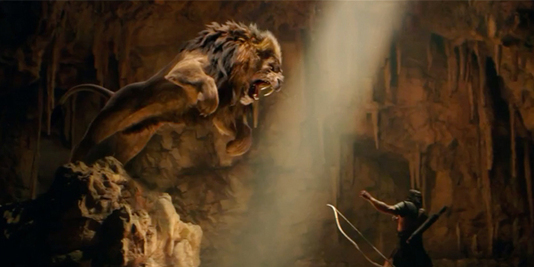 After twelve arduous tasks and the loss of his entire family, Hercules, the tormented son of Zeus, walks the earth in suffering. He has turned his back on the gods, a mercenary for hire, who finds solace in battle. Hired by the King of Thrace to train his men in the art of war, Hercules and his band of mercenaries soon come face-to-face with a tyrannical warlord. Brett Ratner's Hercules is a poorly directed, uninteresting narrative that completely wastes Dwayne Johnson's charasmatic appeal. I've always believed Dwayne Johnson is an underrated actor with great charisma and Hercules is the latest example of a film that completely wastes his talents. In this film, Hercules is an incredibly one-dimensional character who really is given nothing to do but flex his muscles and participate in team-building war crys. Much of this blame falls on the script, which for lack of a better word, is putrid, in its conventional storytelling, poor dialogue, and predictable narrative twists. Brett Ratner further reminds the world he is a terrible action director, using far too much over-edited garbage in the action scenes that disorient more than thrill. In a film like this choreography is very important, with Hercules having some really uninteresting fight sequences that are further castrated by its PG-13 rating. It is quite frankly beyond me why Ratner was chosen for this revisionist, grounded re-telling of the Hercules tale, being completely unable to deliver anything but absurd and derivative action and storytelling. With Ratner at the helm, Hercules could have been more fun if they fully embraced the semi-truck throwing, full-throttle version of the legend, saving the viewer from a bland, out-matched director trying to tell a story in a grounded way.
0 Comments
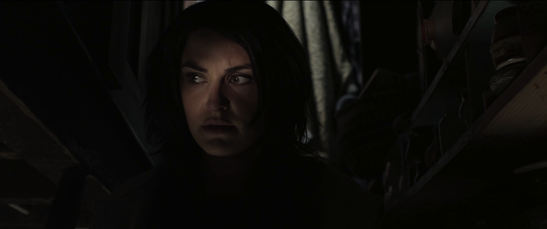 Kylie Bucknell has been in and out of trouble with the law for most of her life. After her latest stint, a failed theft of an ATM machine, Kylie is forced to return to the home she grew up in after the judge places her under house arrest. This is a punishment for Kylie, living with her mother Mariam, a well-intentioned but endlessly talkative maternal figure who has come to believe that her house is haunted by supernatural forces. Kylie dismisses these notions at first, but soon enough she notices strange whispers and noises in the middle of the night herself. Gerard Johnstone's Housebound is a genre-bending horror comedy that's unique in its ability to seamlessly blend together horror and comedy. Housebound is not your typical horror film, using genre conventions to its advantage for comedic purposes in a way that somehow remains effective in its ability to raise suspense and terror. A major reason why this works is the character dynamic between Kylie and her mother Mariam, who couldn't be more different. Kylie isn't your typical horror heroine, being a strong character, while her mother is the opposite, a talkative, submissive type. These two characters are forced to go through this haunted house tale of horrors together, which alone provides a unique story with lots of laughs. Housebound is a film that keeps the viewing guessing, with a lot of twists of turns that do make the film unnecessarily convoluted. That being said, this film has unique character dynamics and a subversive story, making it a worthy entry in a otherwise tired genre. 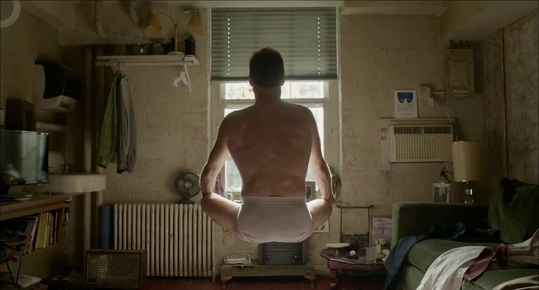 Riggan Thomas, a once world famous action star known for his iconic superhero role "Birdman, has recently come to a crossroads in his life. Washed up and forgotten, Riggan attempts to reinvent himself by going to theater, writing, directing, and starring in a retelling of the classic Broadway play "What We Talk About When We Talk About Love". Leading up to opening night, Riggan finds disaster after disaster threatening to derail his comeback. The biggest concern being the replacement of his lead actor, who was injured on set. Alejandro Gonzalez Inarritu's Birdman or (The Unexpected Virtue of Ignorance) is a spellbinding achievement that is like nothing you've probably ever seen before. This is a surrealist portrait of a man who desperatley wants to feel important or relevant, not wanting to be just another cog in the machine of society. What's interesting about Birdman is nearly every character suffers from the same problem as Riggan, all wanting to be acknowledged by society and feel important. This is perhaps the most important aspect of Inarritu's film, as he captures the cult of celebrity and fame that envelopes our culture, capturing how selfish and destrutive this can be. Technically speaking, Birdman is a revelation, with what feels like one tracking shot throughout the entire film, going from character-to-character in a way that feels like a maze of hysteria and self-importance. What I also liked abot Birdman is Inarritu's disinterest in commenting on art vs. commerce, escapism vs. intellectalism, instead arguing that there is no real difference between the two when it comes to one's desire to feel important. Funny, heartfelt, and poignant, Inarritu's Birdman is a one-of-a-kind experience about our desire to feel important that features remarkable performances from top to bottom. 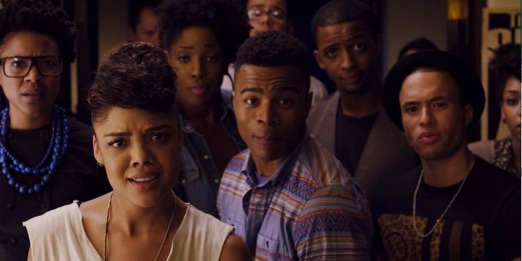 Justin Simien's Dear White People is a satirical, exagerrated portrait of racial politics in contemporary america. Taking place at an Ivy Leage college, Dear White People follows an ensemble of characters as they struggle with racial identity, racism, and individualism. The film starts off slow, with the first 30 minutes or so having me a little concerned with its mass generalizations of race. Fortunately this seems to be part of Justin Simien's plan, with the film using these mass stereotypes to fuel its much more pensive observations. What makes Dear White People such a fun satire is its tongue in cheek approach, using its playfulness to deliver a powerful message about generalizations. Nearly every single character in this film is guilty of racism or prejudice, with the film arguing that one of the main problems with modern day racism lies in people's inability to seperate themselves from everyone else. Take Sam White for example, the main protagonist of the film, an angry young woman sick of the inherent racism she sees all around her. Leader of an african-american activist group, Sam begins to realize that the idea of only associating yourself with your "own kind" is really a terrible ideal, being just as destrctive as more blantant forms of racism. People must be accepted for the type of person they are, not generalizations based on racial stereotypes, which whether positive or negative are racist. Many of these characters feel they have to choose a side, as opposed to being able to simply be their own individual and not be lumped into some generalization of race, class, or social stigma. Justin Simien's Dear White People is a funny film with a lot of fascinating ideas, even spending the time to comment on the sensualization and greed that more so than not leads to hate.  Ermanno Olmi's The Fiances tells the story of Giovanni, a skilled factory welder, who has just been offered a job opportunity in Sicily. This is the opportunity of a lifetime for Giovanni but it requires him to be gone for over 18 months, leaving his fiance, Liliana, behind. Giovanni feels that their relationship has grown stale, and he accepts the job believing that in the long run it will be good from both a financial and relationship perspective. Ermanno Olmi's The Fiances is a beautifully crafted film that explores the age old adage, absense makes the heart grow fonder. Much of the film chronicles Giovanni's time in Sicily, showing the loneliness he begins to feel living in a city apart from his fiance. Olmi brings an unbelievable amount of honesty and tenderness to this story, crafting a narrative that intercuts between Giovanni's time in Sicily and Liliana who remains back home, using voice over to help capture the feelings and emotions of these two individuals. This is a beautifully composed film, and I particularly loved the juxaposition which is used towards the end of the film, with Olmi showing the ugliness of the factory and its harsh climate juxtaposed with Liliana's longing face. The Fiances is a film that feels more like a poetic love letter to the human heart, capturing a deep amount of humanism that is rarely captured so well in cinema.  After returning from sick-leave, Sandra is informed that she has been laid off by her company. The employees voted on the decision, choosing between their own end of the year bonus and Sandra’s employment. After meeting with Dumont, the senior supervisor, Sandra convinces him to have a re-vote on Monday, giving her the weekend to try and convince her coworkers to let her stay. Jean-Pierre and Luc Dardenne’s Two Days One Night displays the Dardenne’s uncanny ability to take a very minimalist story and create a deep and poignant portrait of humanity. The film plays out like a roller coaster ride, as Sandra goes from co-worker to co-worker attempting to save her job. This a complex situation and the Dardennes present it that way, showing that there is no clear-cut right vs. wrong in this situation. Two Days One Night isn’t biased towards its main protagonist, capturing how many of Sandra’s coworkers are also struggling to provide for themselves and their family. This is a film that subtly captures the power money has over our lives, showing how both empathy and selfishness are not nearly as cut and dry as many make it out to be. Marion Cotillard is great in the role, displaying a fragile character whose thrown into a situation she isn’t equipped to handle. Battling depression, Sandra is a woman who struggles at times to find purpose in her own existence, and the film’s greatest strength lies in its ability to capture its main protagonist learning how to fight for herself while coming to the realization that she is worth fighting for. Two Days One Night is another minimalistic gem from the Dardenne brothers, delivering a pensive character study full of fascinating themes about humanity and the human struggle in contemporary society. 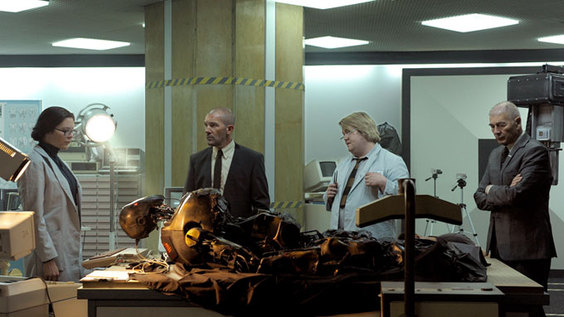 In the near future, solar flares from the sun have made Earth almost completely un-livable, with the small population that remains flocking to colonies in an effort to escape radiation. In an attempt to survive, humanity builds Automatas, machines designed to help rebuild in the harsh environment. They are given two protocols: the first being to preserve human life and the second limits them from ever fixing themselves. Jacq Vaucan works as an insurance agent for ROC robotics corporation, the company who builds the Automatas. One day Jacq is brought in to investigate a claim that a robot was fixing itself. Reluctant to believe the claim at first, Jacq soon discovers a series of evidence that suggets the Automatas may be more alive than they ever imagined. Gabe Ibanez's Automata is a slick, low-budget science fiction film that explores the age-old scifi ideals centered around machines ability to become self-aware. Automata is a film that questions what it means to be human, arguing that evolving machines are no different than humanities evolution. Given the film's relatively small budget, Automata is an impressive looking feature, that effectively creates this harsh futuristic world. Unfortunately, the film's sleek exterior can't mask its thematic shortcomings, delivering a derivative storyline of men and machines and how they are more similar than different. Automata does have some profound moments, with a few beautiful scenes that subtlely question what it means to be alive, but overall the narrative itself is too conventional and derivative to be something truly special. 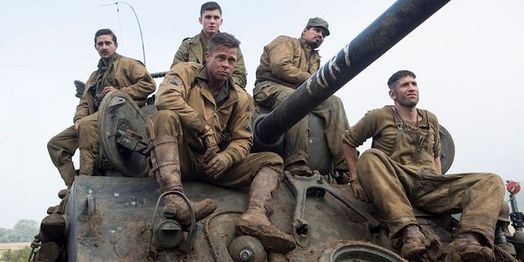 Taking place late in World War 2, David Ayer's Fury tells the story of a battle-hardened sergeant known as Wardaddy, who commands a Sherman tank. Returning to base after a large battle in which only his tank was left standing, Wardaddy informs his crew to resupply and prepare to move out. They've lost one of their own crew members in the fight, which leads to a young inexperienced soldier, Norman Ellison, joining their crew of rough necks. Assinged to protect the supply lines, Wardaddy and his crew head out on a deadly mission, where they find themselves outmanned and outgunned by the German's superior military equipment. David Ayer's Fury is a intense, visceral war film that holds nothing back in capturing the horror of war. Ayer's attacks the senses of his viewers, encapsulating the chaos and violence of war in a way that will leave the viewer shell-shocked and in deseperate need of a breather. Brad Pitt's Wardaddy is a character that makes Fury worth seeing, an almost anti-hero type character whose been stripped of a large portion of his morality due to what he has been through. Ayer's never feels the need to explain his backstory but it is felt, as Pitt delivers a solid performance of a steely-eyed, battle-hardened man who is at conflict with himself below the surface. Fury is an unrelenting experience that Ayer uses to capture the comraderie among soldiers of war while simulataneiously capturing the murkey morality and taxing effect it has on the human soul. Ayer has always been an underrated filmmaker in my opinion, with Fury being another showcase of Ayer's visceral brand of filmmaking. 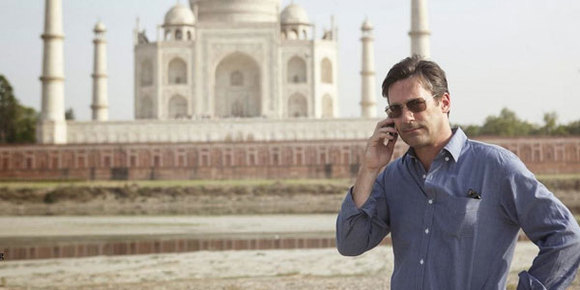 J. B. Berns is a powerful sports agent whose fallen on hard times. His business struggles to keep up with the competition, leading him to a bold idea, find a group of cricket players in India and train them to become professional baseball players in America. After a long search in India, Bernstein finds two talented youths, Rinku Singh and Dinesh Patel, who have never even heard of baseball. Bernstein takes the two kids to Los Angeles, where they are introduced to a world renowned pitching coach at USC. Initially things don't go as planned, with the two young men struggling with the culture shock and uncertainty surrounding their ambitions of being major league ballplayers. Craig Gillespie's Million Dollar Arm is a generic disney sports film that wears its sentimentality on its sleeve, being a touching but overly generic tale of perserverance. The sports aspect of the film is vapid in nature, with Million Dollar Arm being far more interested in telling the plight of J.B. bernstein, a man who slowly begins to realize the importance of humanity and friendship in a business that puts performance and money over everything else. Consisting of an incredibly generic and unnecessary romantic subplot, Craig Gillespie's Million Dollar Arm is a very by-the-numbers human interest story that is sappy and generic but also touching in its own overly predictable way. 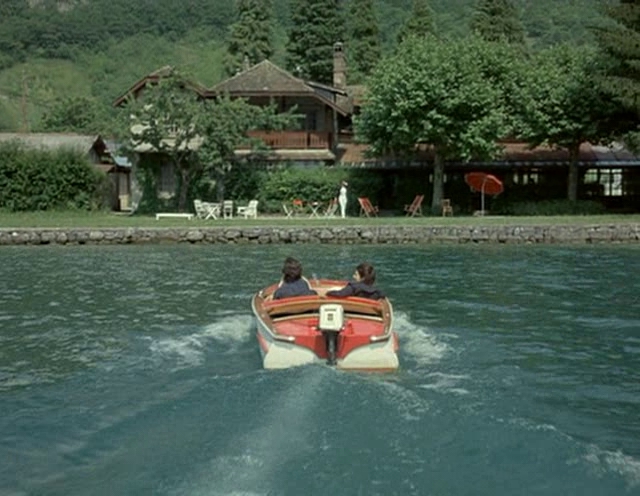 Jerome, a prominent French diplomat, spends his vacation at a beautiufl lake home on Lake Annecy. A ladies man of sorts, Jerome has recently gotten engaged to be married, convinced he has finally found that someone who he enjoys being around. Jerome meets up with a past flame, Aurora, an Italian writer who has always enjoyed Jerome's strong personality. The two devise somewhat of a game involving a family friend's teenage daughter, Laura, with Jerome intent on flirting with her in an effort to understand her dreams and desires. Laura falls in love with Jerome but his desires become directed at Claire, Laura's older sister. Eric Rohmer's Claire's Knee is a pensive exploration of male and female relationships, capturing the struggle between carnal desires and structured moral beliefs. This is a film full of intellectual dialogue that comments on loads of interesting ideas surrounding love, relationships, desires, and moral codes. Jerome is a fascinating character, a highly intelligent man whose love is of the possessive variety, one in which he always needs to feel control over the relationship. While this is certainly a selifish way to look at love, Jerome argues that being able to be yourself in a relationship is the ultimate form of love. Claire is a character that pays little attention to Jerome at first, and this drives him crazy, leading to a fetish-like infatuation with Claire's Knee. Rohmer captures this carnal aspect of Jerome's yearnings, intentionally breaking down Claire emotionally in an effort to get the upperhand in their relationship. His goal is to seize power from Claire, a woman who paid him no mind, in an efort to seduce. In the end, Rohmer's film is full of fascinating discussions, arguing that the key to any healthy relationship is freedom. Jerome fetish-driven pursuit to touch Claire's knee was successful, but Claire viewed it merely as sympathy, which in turn opens Jerome's eyes to the destructive nature of his actions, which in turn serves as a great reminder of how much he truly cares for and desires the woman he is marrying. |
AuthorLove of all things cinema brought me here. Archives
June 2023
|
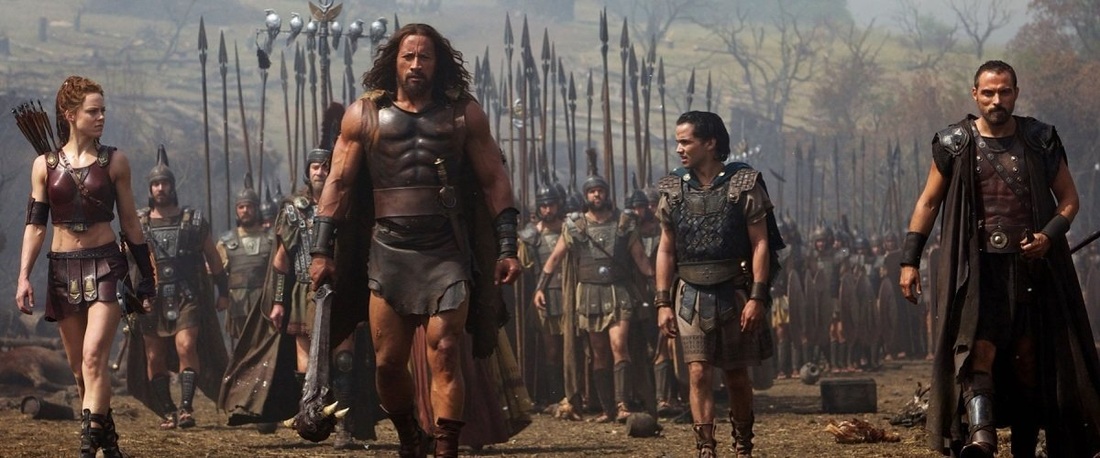
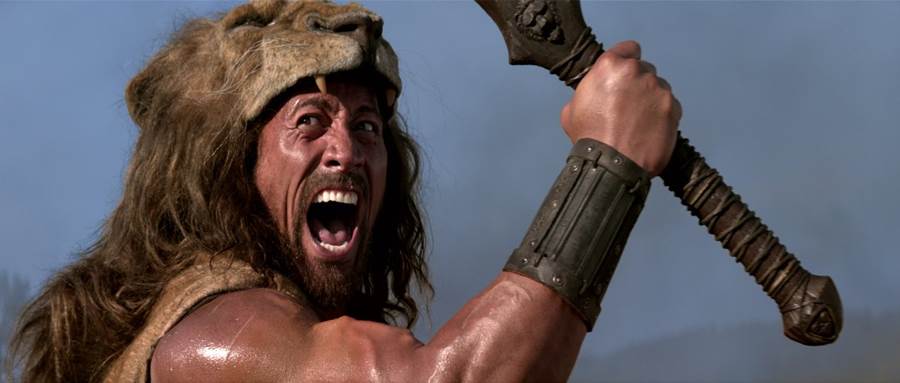
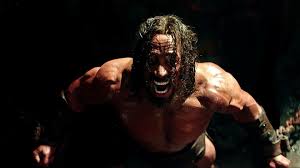
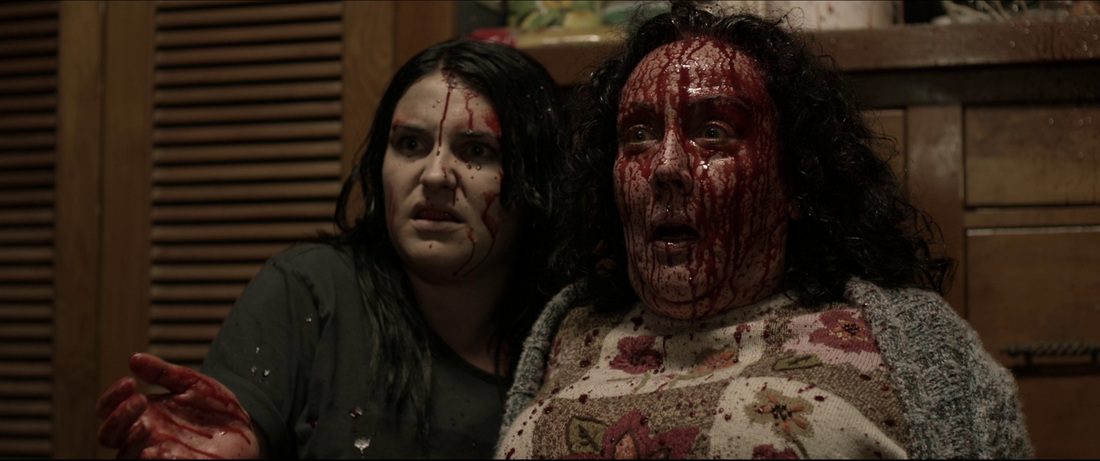
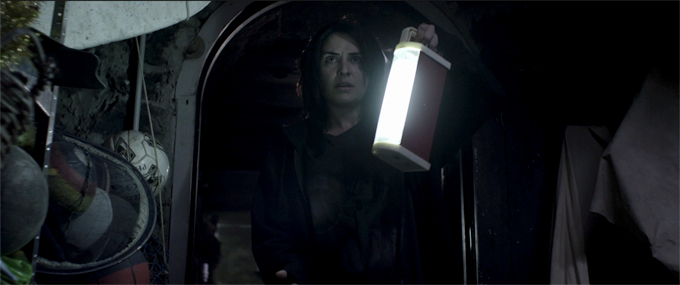
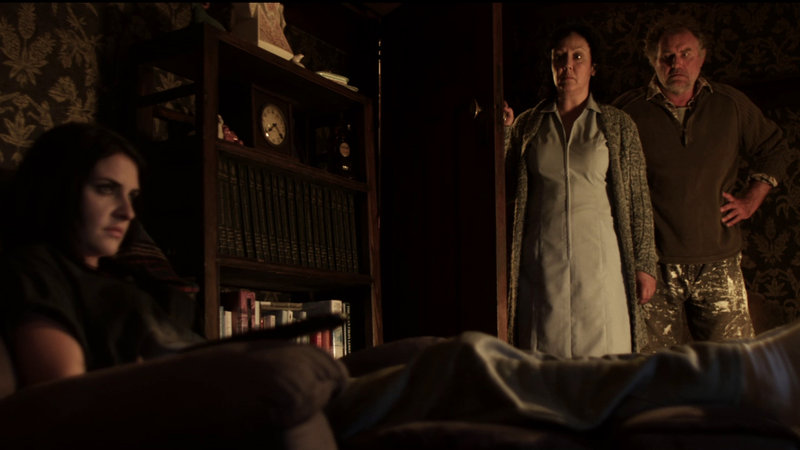
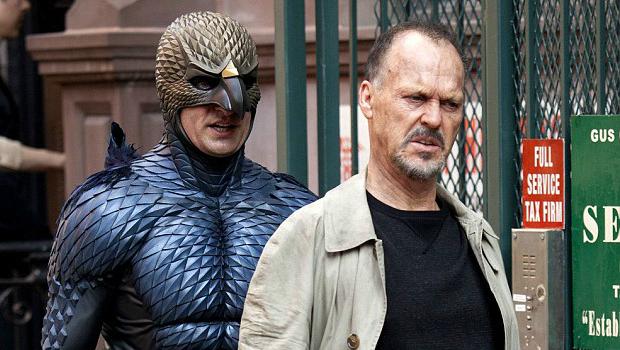
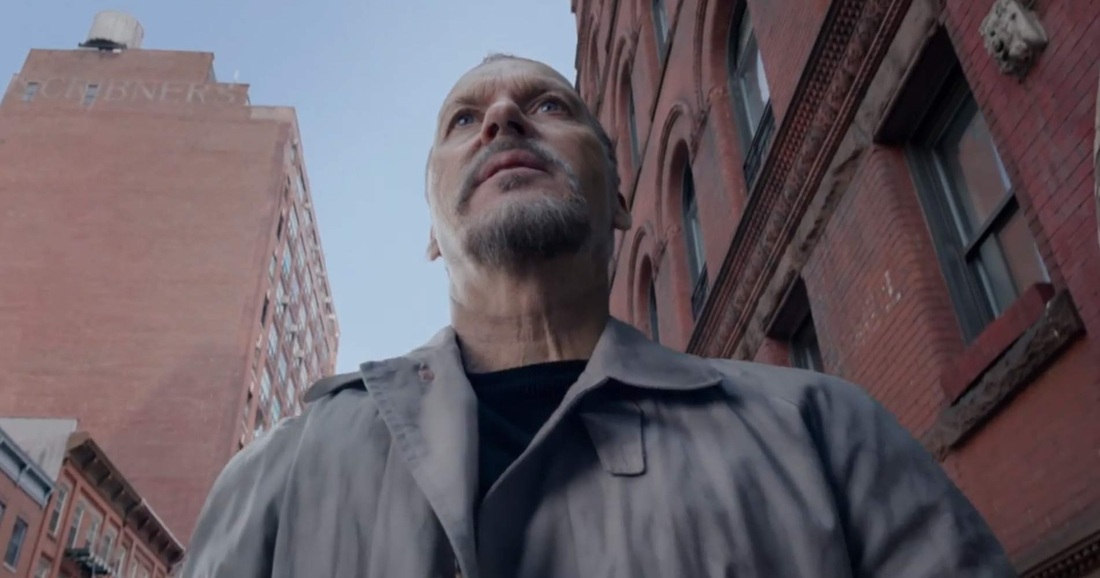
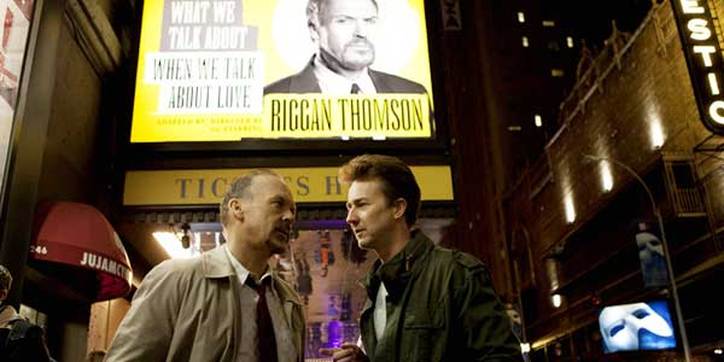
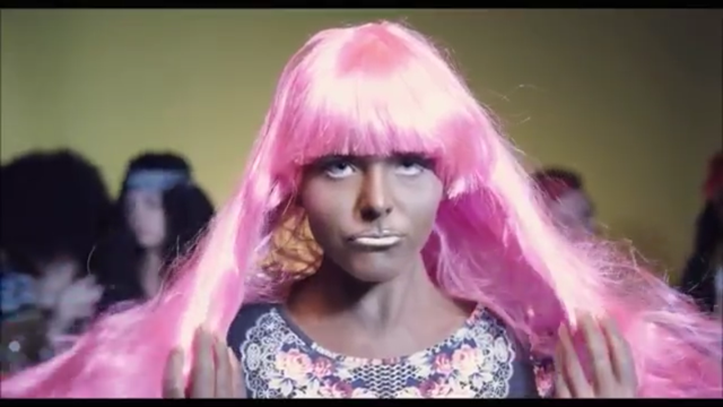
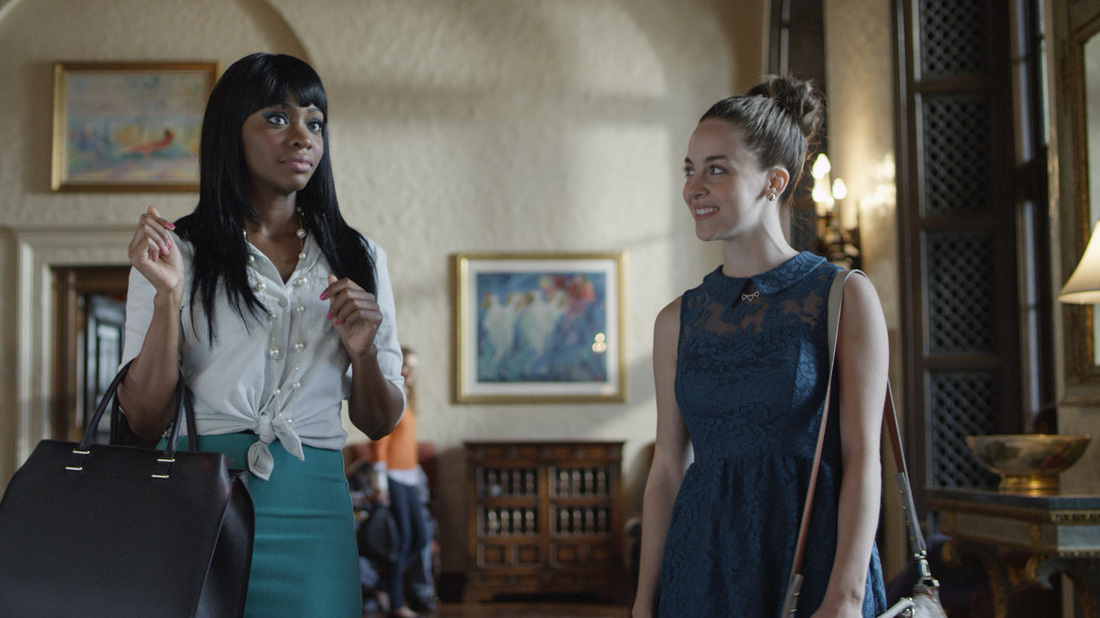
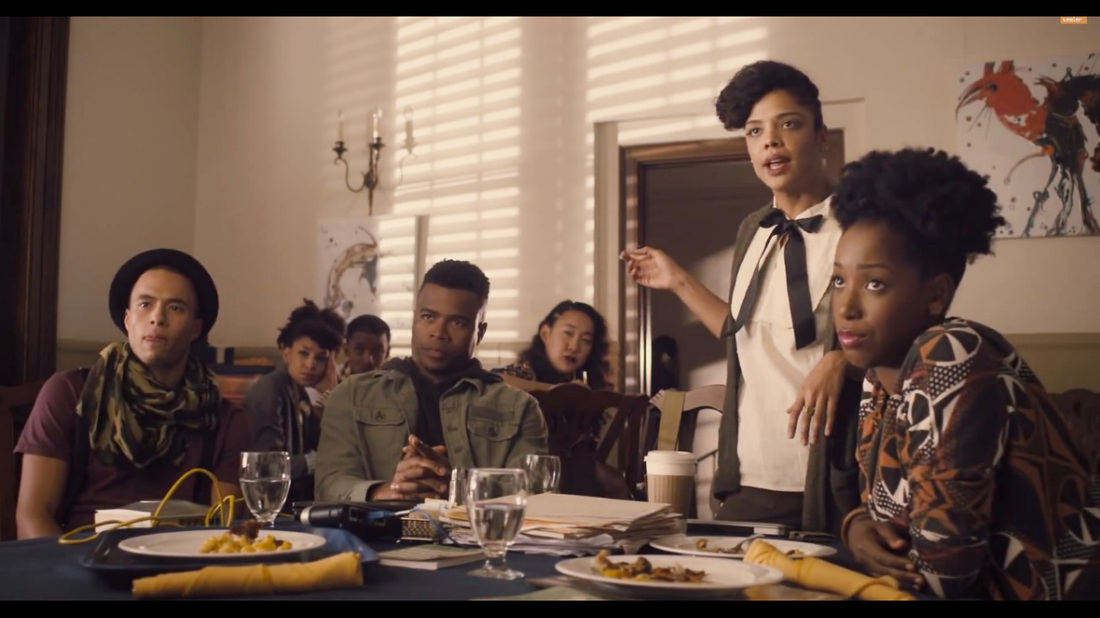
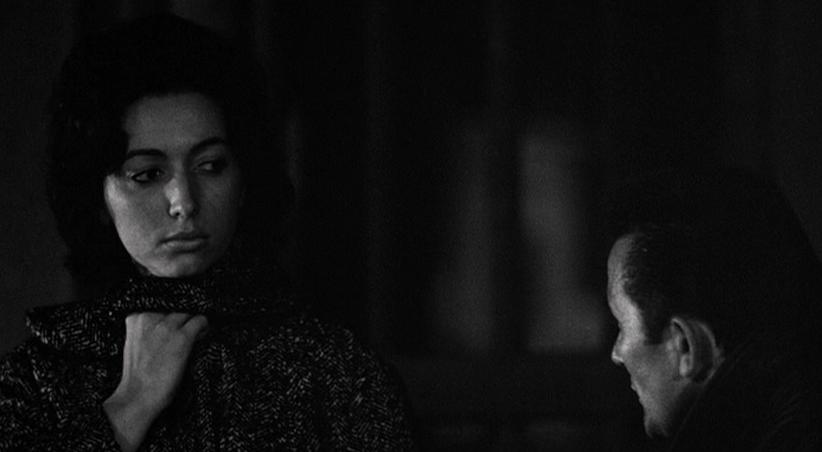

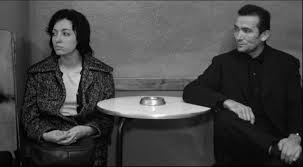
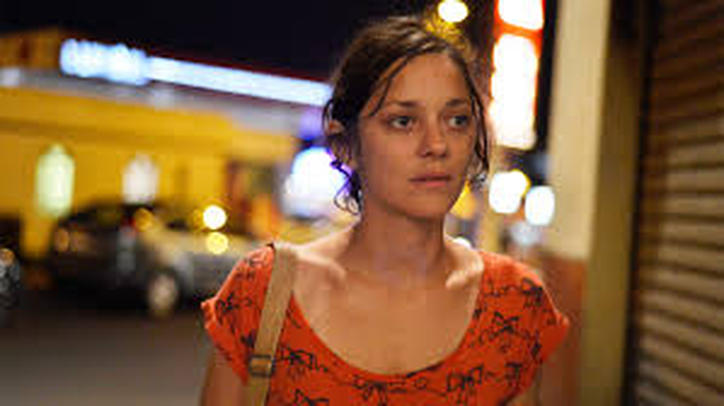


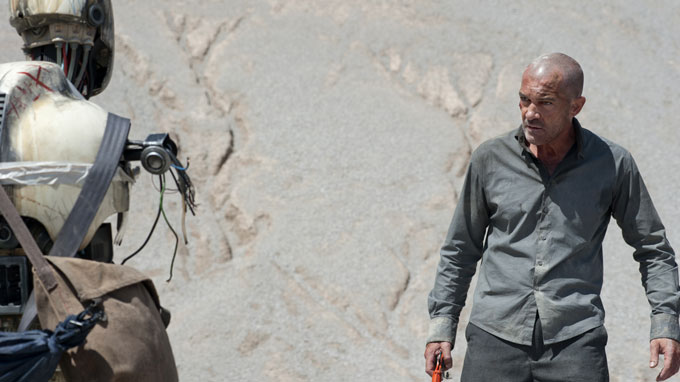
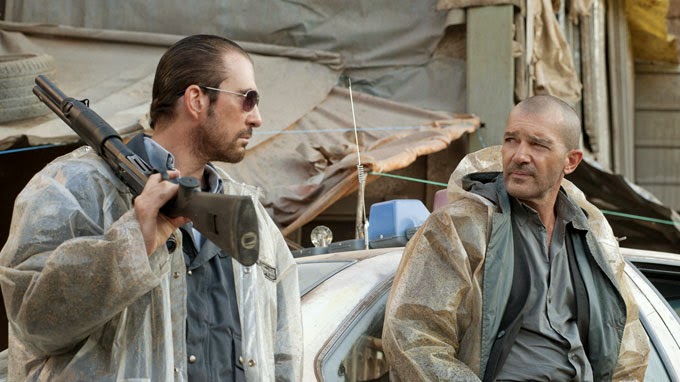

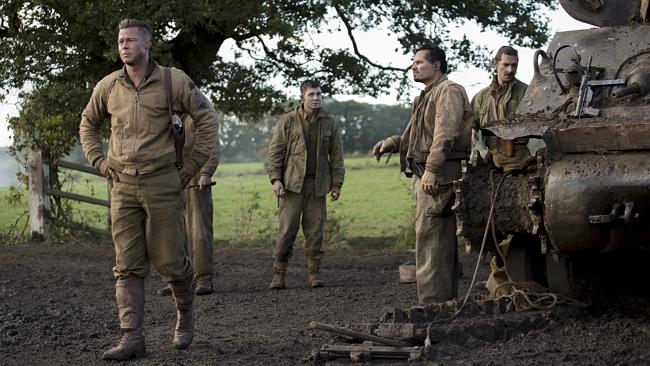
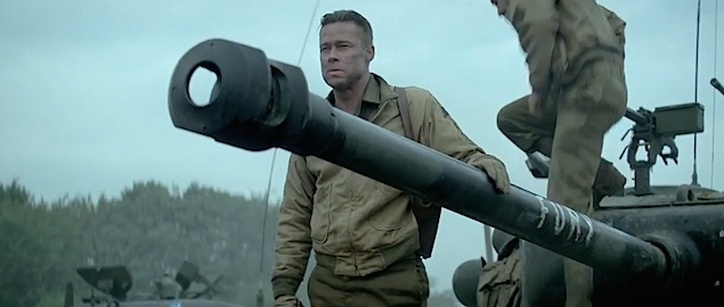
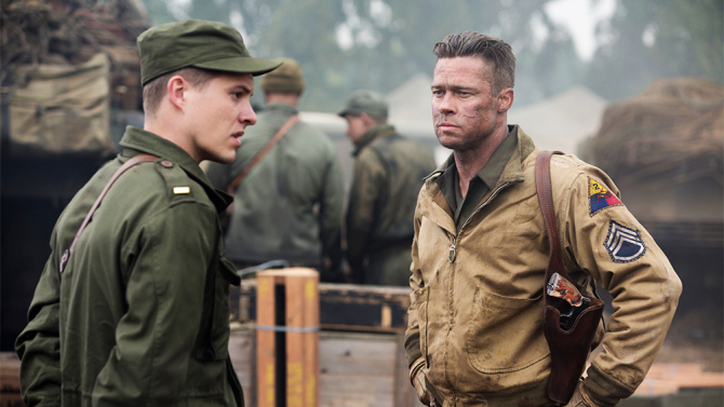
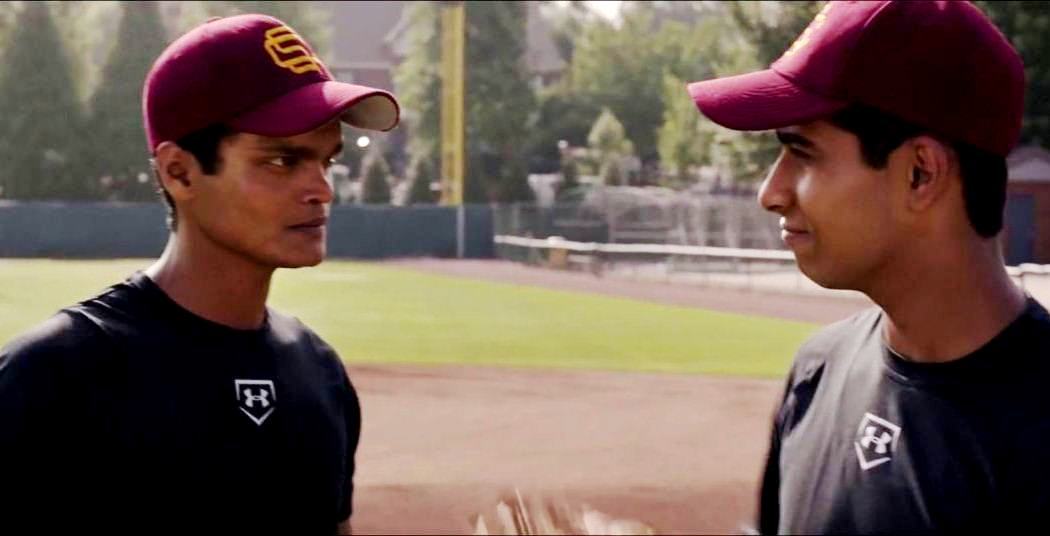
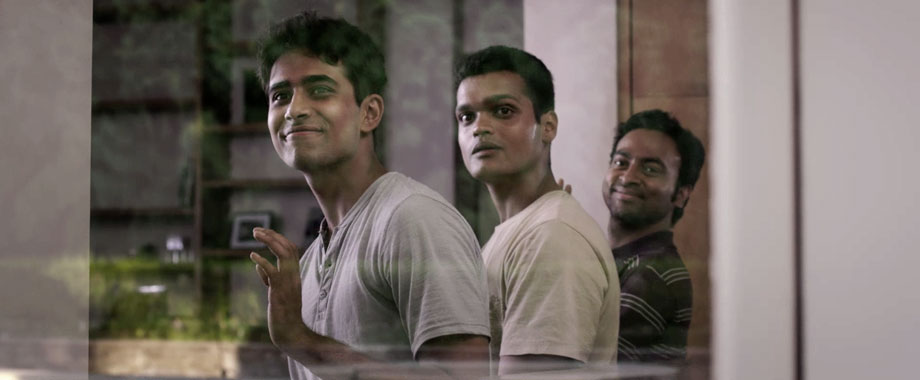
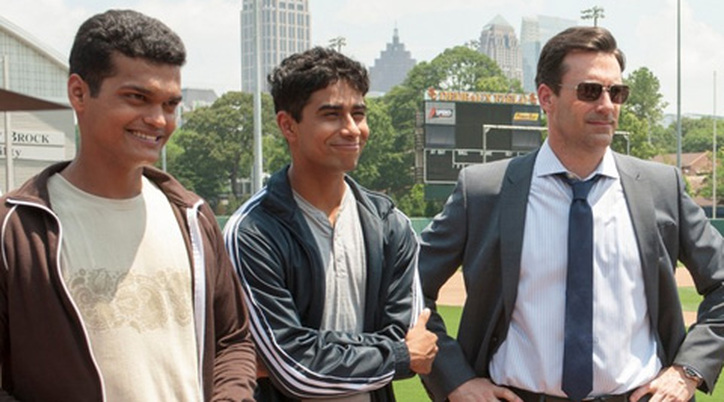

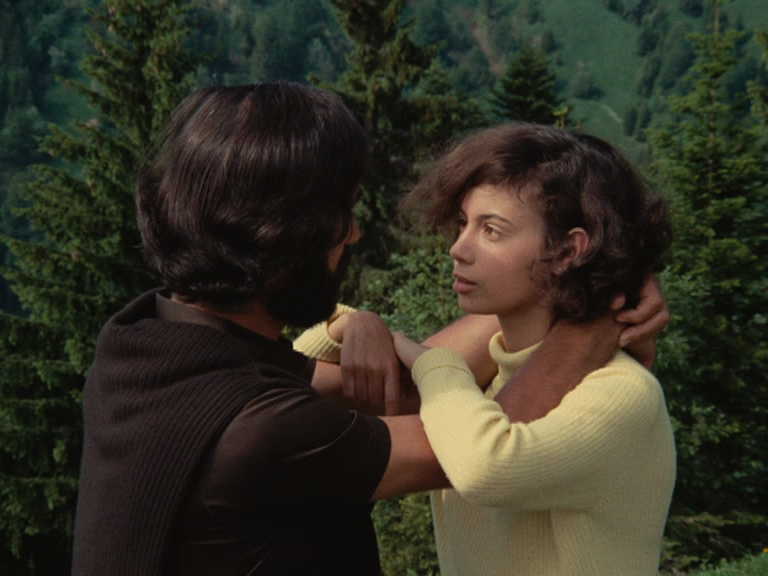

 RSS Feed
RSS Feed
